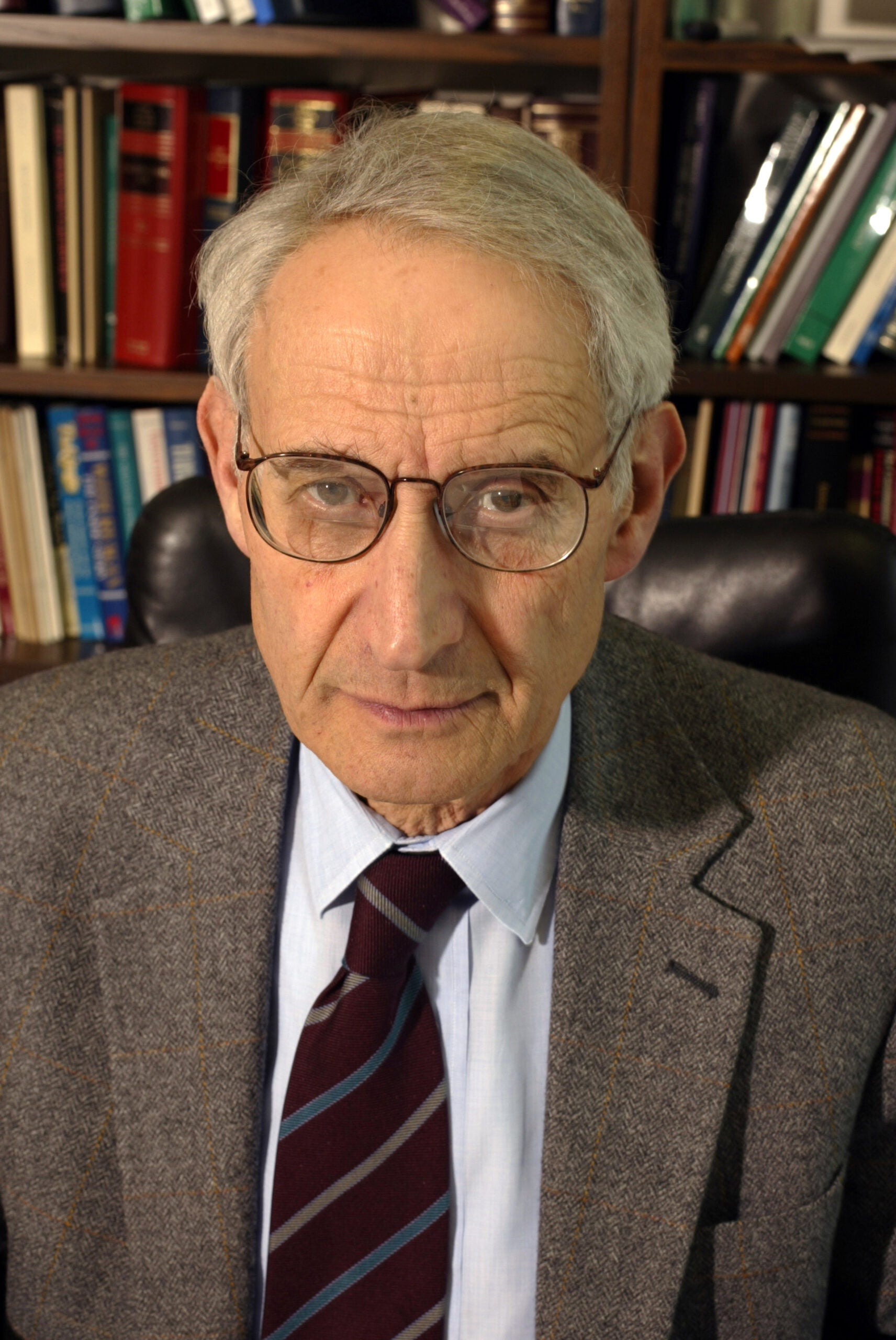On Nov. 18, as part of the 2010 National Lawyers Convention in Washington, D.C., HLS Professor Charles Fried participated in a debate on the constitutionality of the federal health care legislation—the Patient Protection and Affordable Care Act—signed into law by President Barack Obama ’91 last March. The act regulates the insurance industry, forbidding denials of coverage for those with preexisting conditions, for example. It also includes the requirement that all Americans purchase health insurance (known as “the individual mandate”) and has been met with legal challenges, two of which are still ongoing.
Fried spoke about the power of Congress under the Commerce Clause to regulate economic activity and noted, “The idea that insurance is not commerce is an idea that, since 1944, had best not be produced before any court, because in 1944, the Court quite explicitly said yes, insurance is commerce.”
He stated that the reason we have the individual mandate is because Congress and the public were wary (with good reason, he believes) of having the government option. “If we had the government option,” Fried said, “pretty soon the government would be running all of our health care, which by the way would be regrettable but completely constitutional.” He added, “The reason we have the individual mandate is so that health care can remain in the private sector.”
The other participants were Richard Cordray, Ohio attorney general, who also supported the act’s constitutionality; and arguing against it were David B. Rivkin Jr., lead counsel in a case in the Florida courts challenging the act; and Randy E. Barnett ’77, professor at Georgetown University Law Center. Justice David R. Stras of the Minnesota Supreme Court moderated the debate, which was sponsored by the Federalist Society.
